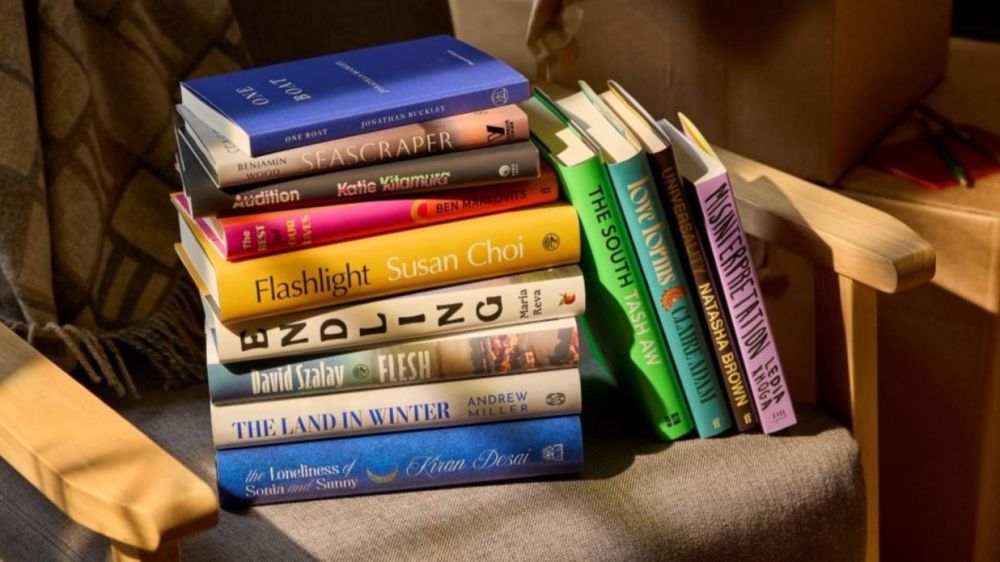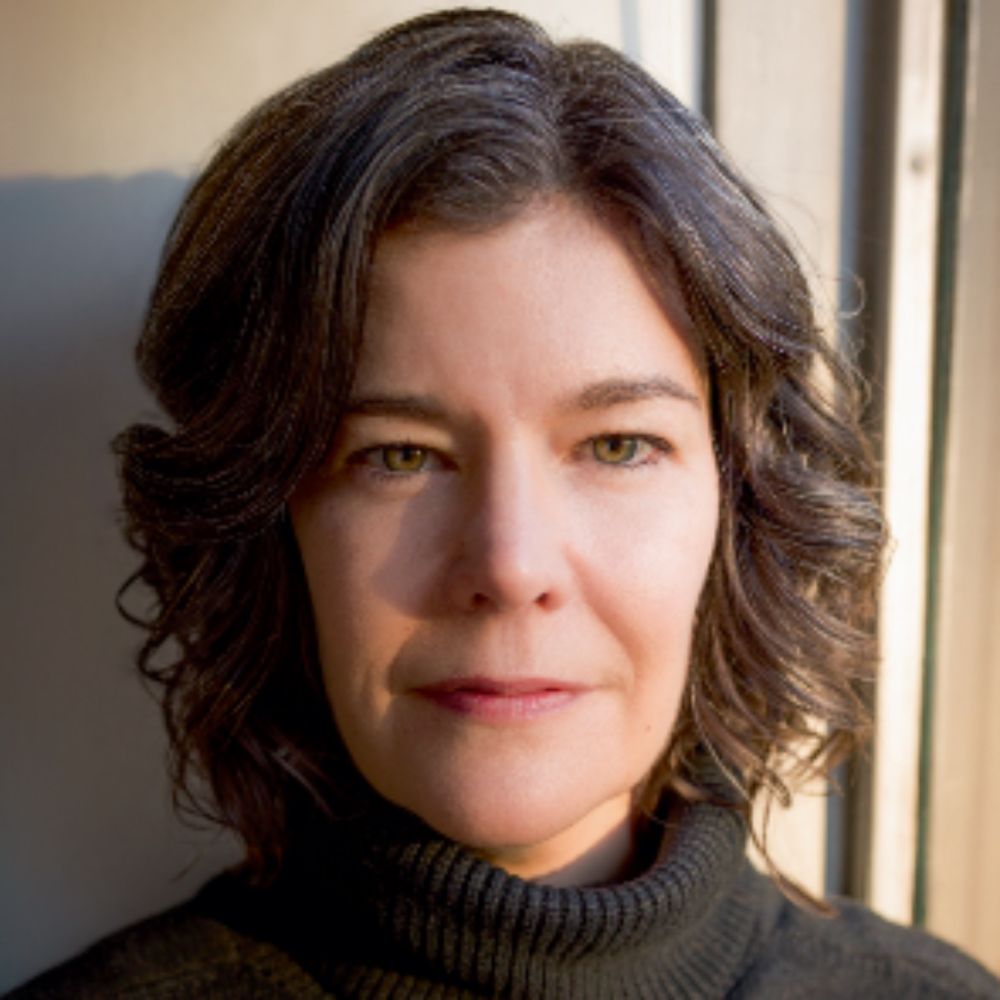Jana M. Perkins
@janajm.com
5.1K followers
190 following
450 posts
founder, @womenofletters.org. computational social scientist writing a book (DEEP LITERACY, DIGITAL TIME) for Routledge
Posts
Media
Videos
Starter Packs
Pinned
Reposted by Jana M. Perkins
Reposted by Jana M. Perkins
Jana M. Perkins
@janajm.com
· Aug 29
Reposted by Jana M. Perkins
Reposted by Jana M. Perkins
Reposted by Jana M. Perkins
Jana M. Perkins
@janajm.com
· Aug 27
Jana M. Perkins
@janajm.com
· Aug 26

Finding Lost Voices: Do You Love Jane Austen? Well, Guess What? There Are More Writers Like Her! A Conversation with Rebecca Romney About Jane Austen's Bookshelf
A weekly email that brings back the voices of those who have been forgotten or misremembered
irisjamahldunkle.substack.com
Reposted by Jana M. Perkins
Reposted by Jana M. Perkins
Reposted by Jana M. Perkins
Julie Park
@juliepark.bsky.social
· Jul 31

Watching the World in a Dark Room: The Early Modern Camera Obscura
Centuries before photography froze the world into neat frames, scientists, poets, and artists streamed transient images into dark interior spaces with the help of a camera obscura. Julie Park explores...
publicdomainreview.org
Jana M. Perkins
@janajm.com
· Jul 31
Jana M. Perkins
@janajm.com
· Jul 31
Reposted by Jana M. Perkins
The Booker Prizes
@thebookerprizes.com
· Jul 29

Everything you need to know about the Booker Prize 2025 longlist | The Booker Prizes
From a vast range of global experiences to books brimming with long-held secrets, from fresh voices to Booker Prize alumni, here’s the lowdown on this year’s longlist
thebookerprizes.com
Jana M. Perkins
@janajm.com
· Jul 29
Jana M. Perkins
@janajm.com
· Jul 29
Reposted by Jana M. Perkins
Reposted by Jana M. Perkins























